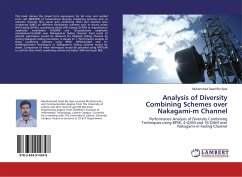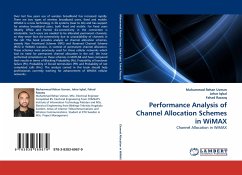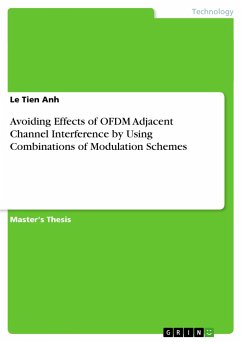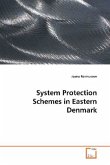With rapid advances in wireless communication and networking, orthogonal frequency division multiplexing (OFDM) and multiple-input multiple-output antennas (MIMO) are often adopted in communication systems to create multiple parallel channels. To implement error control through retransmission of packets in a multichannel communication system, Automatic-Repeat-reQuest (ARQ) schemes have been generalized for parallel multichannel data communications. In this thesis, we develop two stochastic systems, denoted by MSW-ARQ and MSW-ARQ-inS, for modeling stop-and-wait ARQ over multiple channels with either time-invariant or time-varying error rates. We evaluate their performance analytically and through simulation. We expect that the modeling technique and analysis approach proposed in this thesis can be applied to the performance evaluation of other ARQ protocols (e.g., selective- repeat ARQ) over multiple channels.
Bitte wählen Sie Ihr Anliegen aus.
Rechnungen
Retourenschein anfordern
Bestellstatus
Storno








